The wealthiest Vietnamese in the early 20th century Among the richest entrepreneurs in the early 20th century were the owner of Co Ba (Ms. Ba) soap brand, the king of waterway transport Mr. Bach Thai Buoi, the ‘ancestor’ of the paint industry Ms. Nguyen Son Ha. Entrepreneur Truong Van Ben 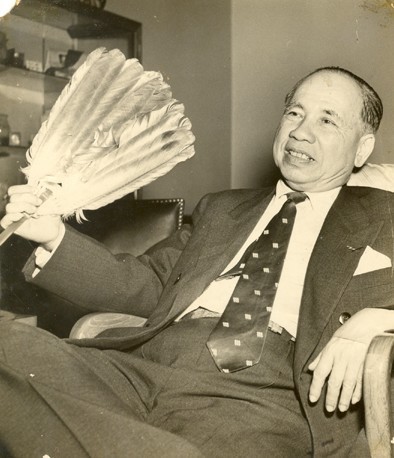 One of the most famous businesspeople in To day, Ms. Ba soap brand is still widely remembered by Saigonese and is sold at the Co Op Mart supermarket chain. Mr. Truong Van Ben (1883 - 1956) was born in Cho Lon, In the 1940s, he established the sugar company named Rue de Cambodge (now Kim Bien Market in District 5) and began producing soap. The company was named Truong Van Ben & fils - Huilerie et Savonnerie Before 1975, this soap brand had no rivals in the domestic market, even beating French product brand Bach Thai Buoi – The king of waterway transport 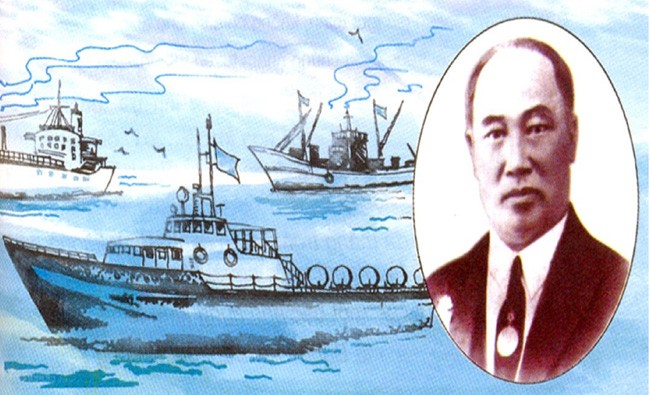 Bach Thai Buoi (1874-1932) was the most famous name in Vietnamese business circles in the first 30 years of the 20th century. History books still mention his name as the most outstanding businessman of Born in 1874 in a poor family in the In late 19th and early 20th century, the French began building roads and infrastructure works in Later, he acquired a pawnshop in Nam Dinh and then opened a Western restaurant in Thanh Hoa, an alcohol agent in Thai Binh, and was a contractor’s foreman of market taxes from the north to the central region. Bach Thai Buoi became a famous name in 1909 when he hired three ships of a French enterprise and opened the Nam Dinh - In April 1916, Bach Thai Buoi moved his headquarters to the northern port city of Entrepreneur Trinh Van Bo and 5,000 gold taels for the revolutionary government 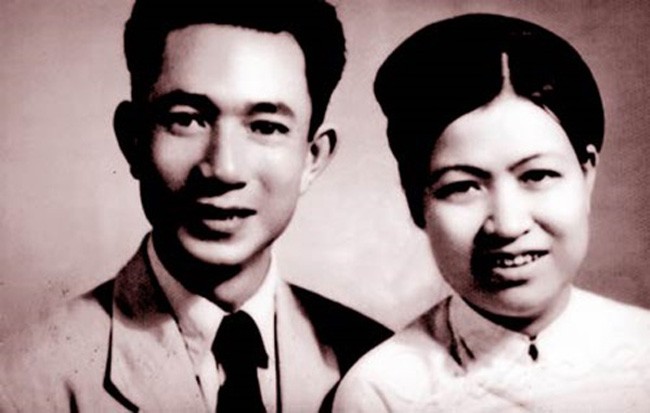 Trinh Van Bo (1914 - 1988) and his wife were the owners of the Phuc Loi fabric store at Trinh Van Bo is best known for charity activities and contributions to After the provisional government was established, the National Treasury had only 1.2 million Indochinese dong notes and most of them were torn. When the "Golden Week" was launched, Trinh Van Bo donated up to 5,147 taels of gold, equivalent to 2 million Indochinese dong to the government. Bo and his wife were also the core members of the "Golden Week" canvassing board, which encouraged the business world and the people to donate 20 million Indochinese dong and 370kg of gold to the provisional government. The founder of the paint industry Nguyen Son Ha 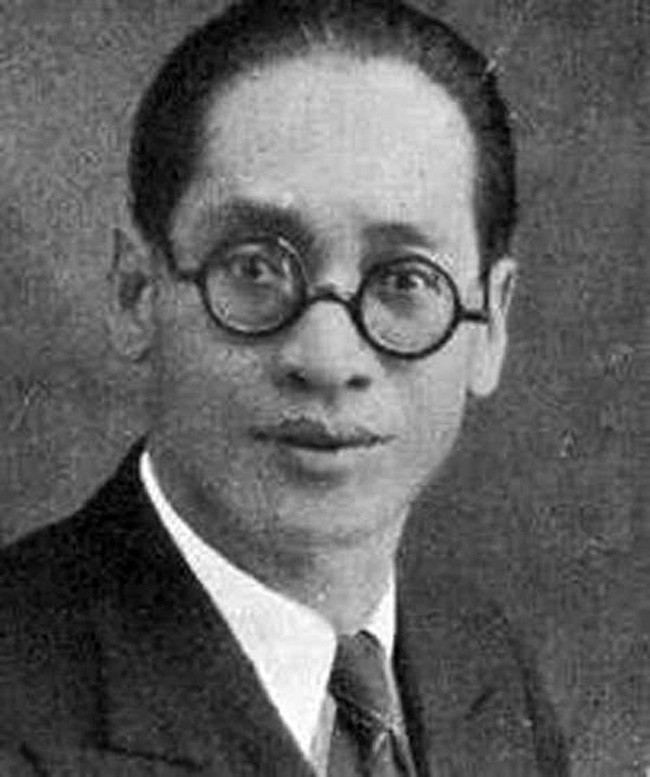 Mr. Nguyen Son Ha was born in 1894 in Quoc Oai District, The dream of building an independent paint company prompted the young worker to study French day and night to be able to read books about paint-making techniques. He sold his bike to open a shop which offered house paint services while silently trying to manufacture oil paints. The first paint product that Mr. Nguyen Son Ha launched was the brand Resistance, meaning "durable" in French, but the French did not like it. Later, he improved the product and hired a French company to distribute it. In 1920, he opened a paint workshop in Hai Phong, on 7,000 m2, named Gecko, when he was only 26 years old. From During the "Golden Week", Ha donated 10.5 kg of gold to the government. Nguyen Son Ha was elected a deputy of the first National Assembly of the Vietnam Democratic Republic in Hai Phong. He made many contributions to the revolutionary government through many initiatives. After the war of resistance against Real estate tycoon Hua Bon Hoa 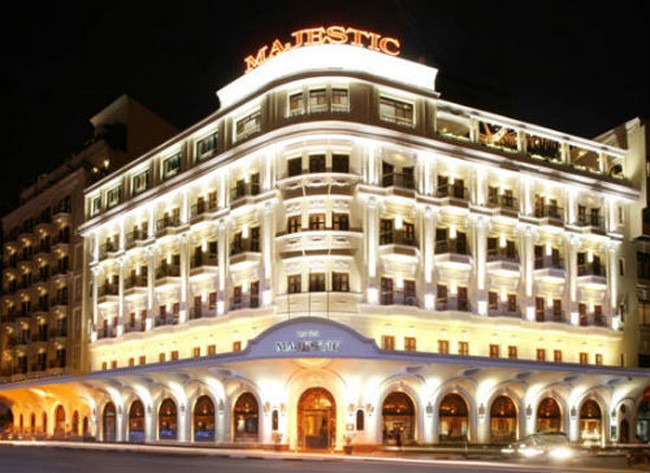 Majestic Hotel was once owned by Hua Bon Hoa. Mr. Hua Bon Hoa (1845 - 1901), a Chinese Vietnamese, was the most famous entrepreneur of the top four Vietnamese businessmen in the 19th - 20th century. Born to a poor family, he earned a living by scrap trading. But also from this job, he earned his first fortune buying and trading antiques. His life changed when the French government launched an auction of 20,000 old radio devices. He bought this batch and thanks to many years of experience as a scrap merchant, he successfully classified gold from worthless radio devices. He then poured money into the real estate industry. He bought the marsh near the place where the French planned to build Ben Thanh Market. And when Ben Thanh Market was completed, he had 20,000 houses for rent. Among the thousands of houses of Mr. Hua Bon Hoa were the great works that have survived until today, including the With the Hui Bon Hoa company, he was famous for his wealth throughout Ly Hoang, |
↧
Article 1
↧